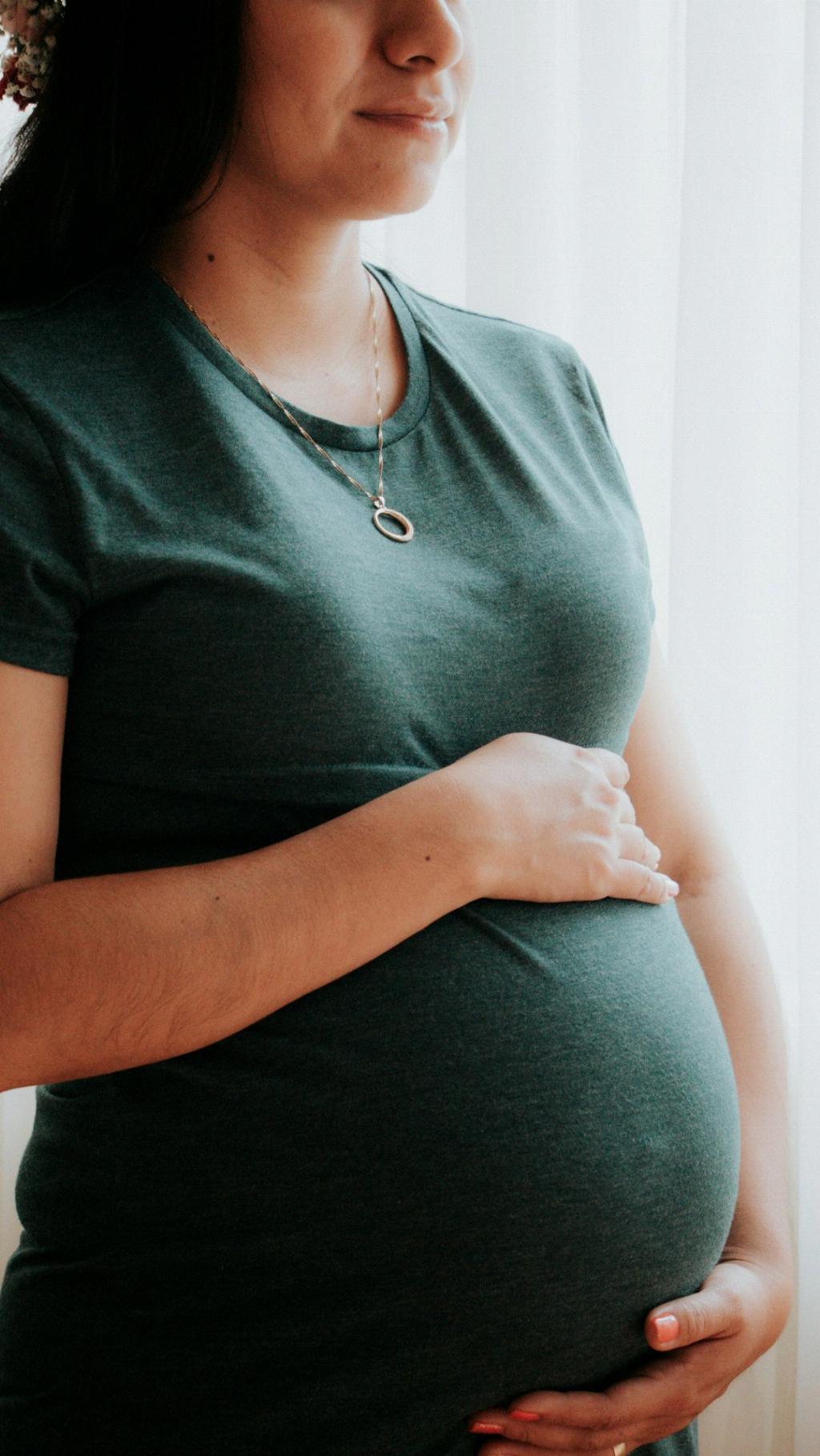Experiencing leg cramps, also known as “charlie horses,” during pregnancy can be a common and uncomfortable occurrence for many expectant mothers. These painful muscle contractions often target the calf or foot, predominantly affecting pregnant individuals during the second and third trimesters. While the precise cause of leg cramps during pregnancy remains somewhat ambiguous, several factors may contribute to their onset and persistence.
One potential reason pregnant individuals often experience leg cramps is due to the increased strain placed on the muscles and circulatory system during pregnancy. As the fetus grows and the body undergoes significant changes, the muscles in the legs may become more susceptible to cramping. This strain can be exacerbated by factors such as weight gain, hormonal fluctuations, and changes in posture.
Another possible explanation for leg cramps during pregnancy is related to alterations in mineral levels, particularly magnesium and calcium. These essential minerals play a crucial role in muscle function and contraction. Insufficient intake or absorption of magnesium and calcium during pregnancy can lead to muscle cramps and spasms, including those experienced in the legs.
In addition to physical changes and mineral imbalances, the increased pressure on the blood vessels and nerves in the legs due to the growing uterus can also contribute to the development of leg cramps. This pressure can restrict blood flow, leading to muscle fatigue and cramping. Moreover, the compression of nerves in the legs may result in abnormal signaling to the muscles, triggering involuntary contractions.
Dehydration is another factor that may contribute to the prevalence of leg cramps during pregnancy. Adequate hydration is essential for maintaining muscle function and preventing cramping. Pregnant individuals are advised to consume an ample amount of water throughout the day to support their overall health and reduce the risk of experiencing leg cramps.
Furthermore, certain lifestyle factors and habits could increase the likelihood of developing leg cramps while pregnant. Prolonged periods of standing or sitting, inadequate stretching, and wearing restrictive footwear can all place additional stress on the leg muscles, making them more susceptible to cramping. Engaging in regular physical activity and incorporating stretching exercises into your daily routine can help alleviate muscle tension and reduce the risk of experiencing cramps.
Addressing the issue of leg cramps during pregnancy often involves a multifaceted approach aimed at mitigating the contributing factors. Practicing good hydration habits, maintaining a balanced diet rich in essential nutrients, and incorporating gentle exercise into your routine can help support muscle health and reduce the frequency of cramping episodes.
If you are experiencing persistent or severe leg cramps during pregnancy, it is advisable to consult with your healthcare provider for guidance and recommendations. Your healthcare provider can help identify any underlying issues contributing to your leg cramps and offer tailored interventions to alleviate your symptoms and improve your overall comfort during pregnancy.
While leg cramps can be a frustrating and uncomfortable aspect of pregnancy, understanding the potential causes and implementing proactive measures to address them can help you manage this common issue effectively. By prioritizing your muscle health, hydration, and overall well-being, you can minimize the impact of leg cramps and enjoy a more comfortable pregnancy experience.

